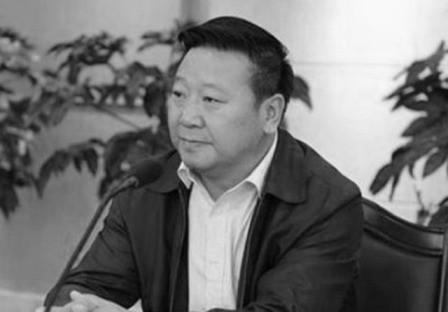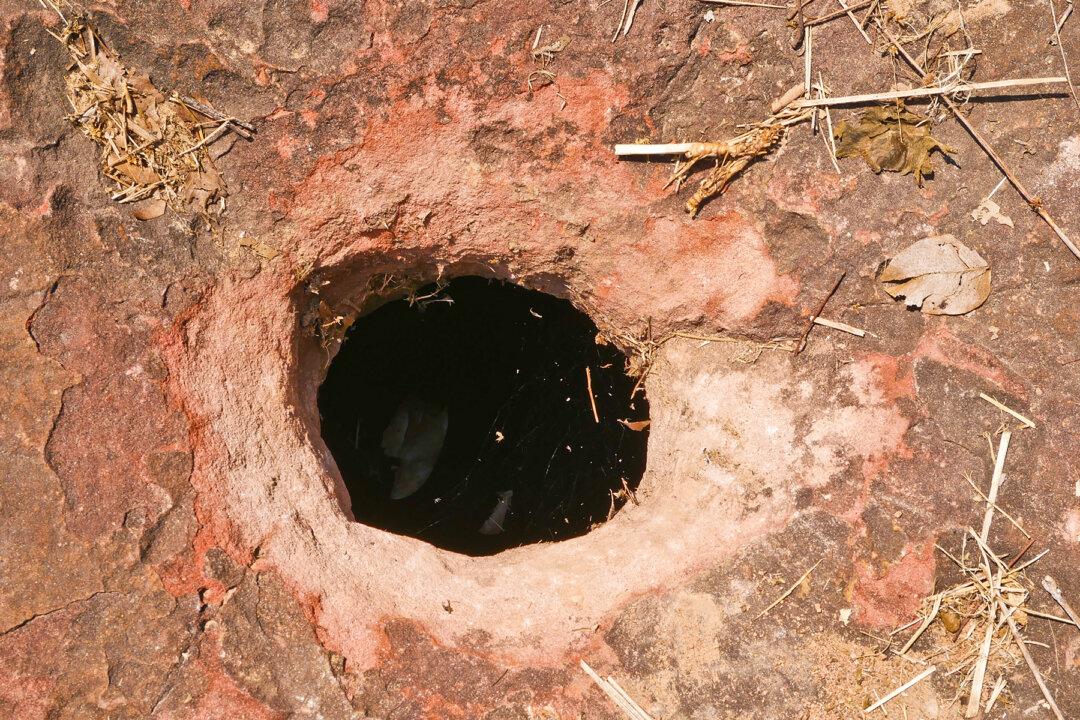A low-level official from Gansu Province had raked in 9.2 billion yuan ($1.44 billion) from his graft crimes, according to a May 14 report by Chinese business publication Caixin Weekly. When his property was confiscated, two truckloads-full of cultural relics and antiques—purchased with money he had obtained illegally—were found in his home.
When investigators from the Chinese Communist Party’s anti-corruption agency confiscated his home, they found that Lei Zhiqiang, former chairman of the Rural Credit Cooperative (an agency that issues credit) of Gansu Province, lived a very extravagant life, an insider source told Caixin Weekly.




